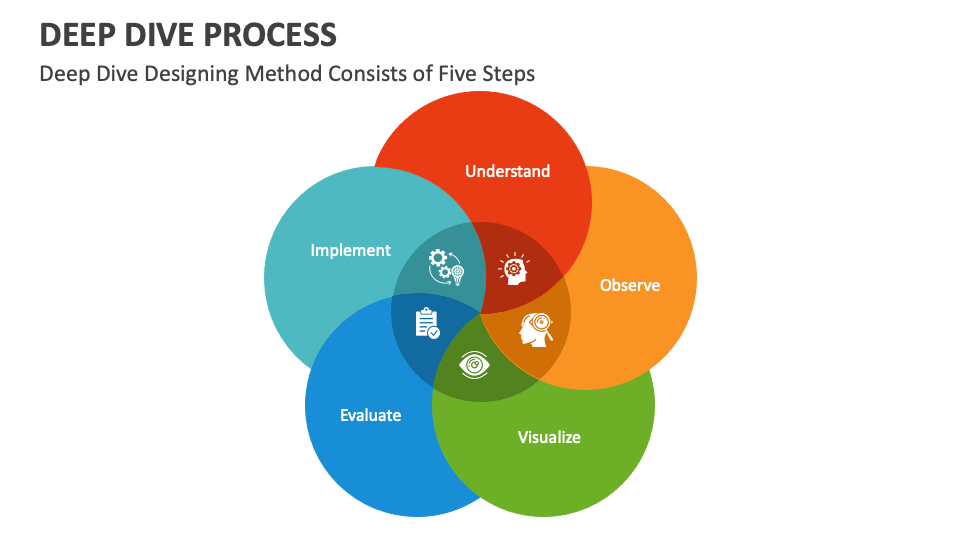Earlier than You Delete: A Deep Dive into Netflix’s "Sugar" and Its Lasting Influence
Associated Articles: Earlier than You Delete: A Deep Dive into Netflix’s "Sugar" and Its Lasting Influence
Introduction
With nice pleasure, we’ll discover the intriguing matter associated to Earlier than You Delete: A Deep Dive into Netflix’s "Sugar" and Its Lasting Influence. Let’s weave fascinating data and provide contemporary views to the readers.
Desk of Content material
Earlier than You Delete: A Deep Dive into Netflix’s "Sugar" and Its Lasting Influence
![]()
Netflix’s documentary "Sugar" is not your typical feel-good well being movie. It is a hard-hitting, unflinching have a look at the worldwide sugar trade and its devastating affect on people and communities worldwide. Whereas it is likely to be tempting to delete it after watching – maybe due to its grim material or the uncomfortable truths it reveals – doing so could be a disservice to the highly effective message it conveys. This text will delve into the important thing features of the documentary, exploring its strengths, weaknesses, and in the end, its lasting significance in prompting essential conversations about our collective relationship with sugar.
The movie masterfully weaves collectively numerous narratives, seamlessly transitioning between the non-public struggles of people battling sugar-related sicknesses and the broader financial and political machinations that perpetuate the issue. We’re launched to people grappling with the debilitating results of diabetes, weight problems, and different sugar-related illnesses, their tales serving as stark reminders of the tangible penalties of extreme sugar consumption. These private accounts will not be mere anecdotes; they’re highly effective testimonials that humanize the statistics and make the summary risks of sugar consumption palpably actual.
Probably the most compelling features of "Sugar" is its exploration of the trade’s manipulative advertising and marketing ways. The movie meticulously unveils how sugar producers have efficiently crafted a story that obscures the true risks of their product, usually focusing on susceptible populations, significantly youngsters. Via cleverly edited footage of ads, product placement, and lobbying efforts, the documentary lays naked the trade’s subtle methods to take care of its profitability, whatever the well being penalties. This part is especially efficient in highlighting the inherent battle of curiosity between company income and public well being.
The documentary would not shrink back from highlighting the systemic inequalities embedded throughout the world sugar commerce. It exposes the exploitative labor practices in sugar-producing nations, showcasing the often-abysmal working situations and low wages endured by these concerned within the cultivation and processing of sugar. This part successfully hyperlinks the consumption habits of rich nations to the exploitation and impoverishment of employees in growing nations, creating a robust sense of interconnectedness and shared duty.
Moreover, "Sugar" touches upon the complicated interaction between authorities insurance policies and the sugar trade. It demonstrates how lobbying efforts and political affect have usually formed dietary tips and laws in ways in which profit the trade, slightly than prioritizing public well being. This evaluation provides a layer of political complexity to the difficulty, revealing how highly effective financial pursuits can overshadow public well being considerations. The movie subtly suggests the necessity for larger authorities regulation and stricter controls on the advertising and marketing and sale of sugary merchandise, significantly these focusing on youngsters.
Whereas the documentary is undeniably impactful, it isn’t with out its limitations. Some critics argue that it oversimplifies a posh challenge, focusing totally on sugar’s unfavorable results whereas neglecting to acknowledge the dietary advantages of sure sugars present in fruits and different pure sources. This critique highlights the necessity for a nuanced understanding of sugar consumption, recognizing that not all sugars are created equal. A extra balanced perspective might need included discussions on the significance of moderation and the position of a different, balanced eating regimen in sustaining good well being.
One other potential weak spot lies within the documentary’s considerably accusatory tone. Whereas exposing the trade’s manipulative ways is essential, the movie may have benefited from a extra balanced method, incorporating views from trade representatives or people who advocate for a extra average view on sugar consumption. Together with such counterpoints may have strengthened the movie’s argument by addressing potential counterarguments and fostering a extra constructive dialogue.
Regardless of these criticisms, "Sugar" stays a robust and thought-provoking documentary that deserves to be watched and mentioned. Its power lies in its skill to attach the dots between particular person well being struggles, company greed, and political inaction. By presenting a compelling narrative that mixes private tales with broader systemic evaluation, the movie successfully raises consciousness in regards to the pervasive affect of the sugar trade and its detrimental penalties.
The lasting affect of "Sugar" extends past its quick viewing expertise. It serves as a catalyst for essential self-reflection, prompting viewers to look at their very own sugar consumption habits and take into account the potential well being implications. It additionally encourages a deeper understanding of the complicated relationship between meals manufacturing, consumption, and public well being, highlighting the necessity for larger transparency and accountability throughout the meals trade.
Moreover, the documentary’s exploration of systemic inequalities associated to the worldwide sugar commerce fosters a way of social duty, encouraging viewers to contemplate the moral implications of their consumption decisions. It prompts us to query the equity of a system that enables highly effective firms to prioritize revenue over public well being and perpetuates exploitation in growing nations.
In conclusion, whereas "Sugar" is likely to be a difficult watch, its significance should not be underestimated. Deleting it after viewing could be akin to ignoring an important wake-up name. The movie’s highly effective message deserves to be shared and mentioned, prompting essential conversations about our collective duty to advertise more healthy consuming habits and advocate for coverage adjustments that prioritize public well being over company income. Its unflinching portrayal of the sugar trade’s affect, coupled with the deeply private tales of people combating sugar-related sicknesses, leaves an enduring impression, prompting viewers to rethink their relationship with this ubiquitous ingredient and advocate for a extra simply and equitable meals system. Due to this fact, as a substitute of deleting it, take into account sharing it with others and fascinating in significant discussions about its implications. The dialog, and the adjustments it would encourage, is way too vital to disregard.






Closure
Thus, we hope this text has offered priceless insights into Earlier than You Delete: A Deep Dive into Netflix’s "Sugar" and Its Lasting Influence. We thanks for taking the time to learn this text. See you in our subsequent article!

